
The AIgorythm project

Playwright and actor
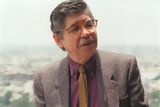
Novelist

Writer and poet

Volleyball player

Italian-Peruvian naturalist and geographer

Singer and percussionist

Last Inca emperor

Politician, former prime Minister

Journalist and TV host
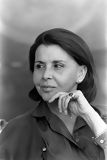
Poet

Inca warrior
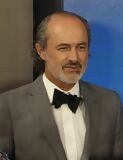
Actor and comedian

Biophysicist

Poet

Doctor and researcher
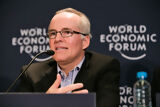
Businessman, Interbank group

Journalist and writer
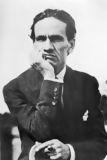
Poet and writer
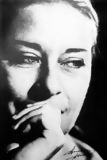
Singer and songwriter
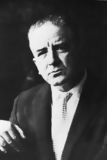
Writer

Film director, Berlin Golden Bear winner

Football player
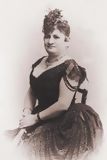
Writer and journalist
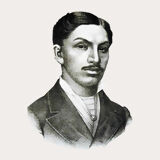
Doctor and scientist

Photograph

Chess player

Industrialist
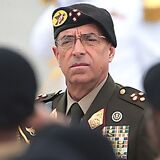
Former general

Specialist in public health

Actress and singer
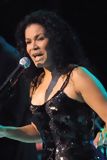
Afro-Peruvian music singer

Mathematician and engineer

Indigenous chronicler

Neurologist and anthropologist

Painter

Football player
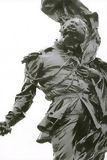
National hero, military leader

Intellectual and reformer

Chef and entrepreneur

Fashion designer

Singer-songwriter

TV presenter

Marathon runner

Indigenous Peruvian chronicler

Theologian

Former national team captain

Economist and former health minister

Inca princess

Writer and television host

Folk musician

Poet and guerrilla
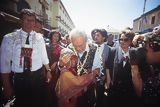
Former UN secretary-general

Chef, known for fusion cuisine

Football player

Peruvian aviation pioneer

Poet and artist
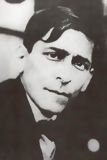
Marxist philosopher and writer

Industrialist and businessman
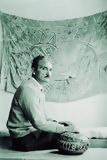
Novelist and ethnologist

Painter and muralist

Opera tenor

Fashion designer

Cardinal of Lima

Peruvian tennis player

Football coach

Leader of the indigenous rebellion
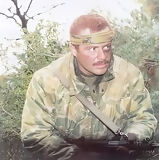
Military hero

Latin singer
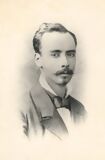
War of the Pacific hero

The youngest mother in history

Politician
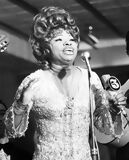
Creole music singer

Tennis player
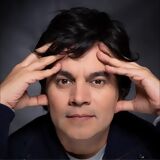
Musician

Writer and politician

Politician and founder of the Christian Democratic Party

Founder of Sodalitium Christianae Vitae

Archaeologist and anthropologist
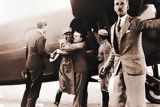
Military leader and politician

Television host
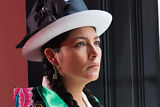
Actress and singer
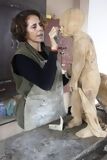
Contemporary sculptor
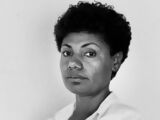
Women’s rights activist

Beauty queen

Astrophysicist

Heroine of independence
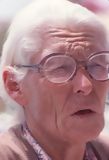
Mathematician and archaeologist

Historian and anthropologist
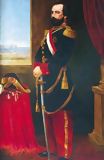
Military figure and historical figure

Fashion photographer
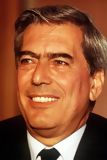
Writer, Nobel Prize in Literature, Politician

Revolutionary leader
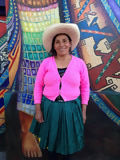
Environmental activist

Leader of the indigenous rebellion

Musician from Gaia band
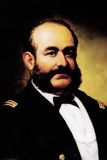
War hero
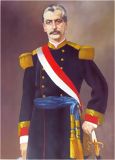
Military leader and politician

Chef, known for Nikkei cuisine

Volleyball coach and former player

Environmental activist

Television personality

Writer
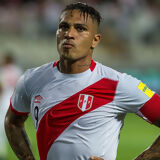
Football player

Epidemiologist and former health Minister

Inventor and aerospace pioneer

Soldier and inventor
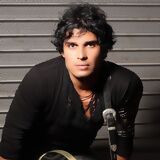
Rock singer

Chef and co-owner of Central restaurant

Painter

Football player

TV presenter and actress
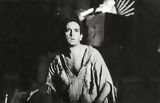
Actor
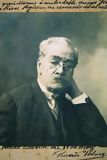
Writer and historian

Journalist and lawyer

Archaeologist, founder of Caral site
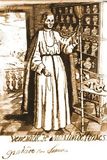
Monk and Saint
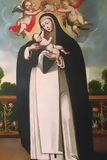
Saint, patron of Latin America

Physicist and engineer

World champion surfer

Actress

Oncologist
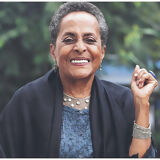
Singer, Latin Grammy winner

Former mayor of Lima

Singer

Actress

Former football player

Painter
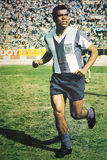
Former football player

Painter

Inca leader

Archbishop, saint
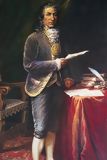
Leader of the indigenous rebellion

Revolutionary indigenous leader

Diplomat and intellectual

Sculptor and painter
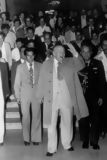
Political leader, founder of APRA

Lawyer and Former prime minister

Chef of Central restaurant
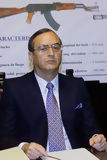
Former head of secret services

Popular singer

Fashion designer

Exotic music singer
Francisco González Prada (1844-1918) was one of the most influential intellectuals in Peru during the late 19th and early 20th centuries. A philosopher, essayist, poet, and social critic, he advocated for deep political and social reforms to modernize his country. Born in Lima, González Prada is often regarded as a key figure in modern Peruvian thought, challenging the power structures of the oligarchy and the conservative influence of the Church.
Francisco González Prada was born on January 5, 1844, into an aristocratic family in Lima, which provided him with access to a privileged education. However, from an early age, he displayed a critical attitude toward the conservative values of his social class. His studies in philosophy and literature led him to adopt progressive ideas, which he further refined in contact with other reformist intellectuals. He quickly became critical of the status quo and developed a strong interest in social and political modernization.
González Prada emerged as a radical voice at the end of the 19th century, particularly after Peru's defeat in the War of the Pacific (1879-1884). He attributed the defeat to the corruption and inefficiency of the Peruvian government, calling for a complete overhaul of the political system. His public speeches often attacked the ruling class and the Peruvian oligarchy. As a staunch republican and anticlerical figure, he also criticized the pervasive role of the Catholic Church, which he saw as an obstacle to social progress.
In addition to his political activism, González Prada was a prolific writer and influential thinker. His works, such as Páginas libres (1894) and Horas de lucha (1908), contained critical essays on Peruvian society, culture, and politics. Deeply influenced by positivism, he advocated for the use of science and reason to address Peru's social problems. His progressive ideas placed him at the heart of Peru’s intellectual scene.
One of the most notable aspects of González Prada's activism was his defense of the rights of Peru’s indigenous peoples, who were often marginalized and oppressed. He was one of the first intellectuals to openly champion their rights, arguing that Peru could not progress without addressing the deep racial and social inequalities that plagued the country. In his writings, he denounced the abuses committed against indigenous communities and called for land reform and education for all.
In the later years of his life, González Prada became increasingly drawn to anarchist ideas. Although he never became a full-fledged anarchist activist, he saw anarchism as a possible path to a fairer society based on individual freedom and solidarity. He continued to advocate for a society free from state domination and hierarchical structures, though these ideas remained marginal within his body of work.
Francisco González Prada left a profound mark on Peru's intellectual and political history. His scathing critiques of the oligarchy, his defense of oppressed peoples, and his calls for progress continue to inspire generations of thinkers and activists. His work is studied throughout the Hispanic world, and his influence remains particularly strong in social reform movements and debates over Peruvian identity. His legacy is that of a forward-thinking intellectual who consistently challenged the established order.
Francisco González Prada was a central figure in Peru’s intellectual and social transformation. His activism, writings, and advocacy for the rights of the oppressed marked a generation and continue to resonate in contemporary discussions. Through his critiques of conservatism and social injustice, he paved the way for a more equitable and just Peru.